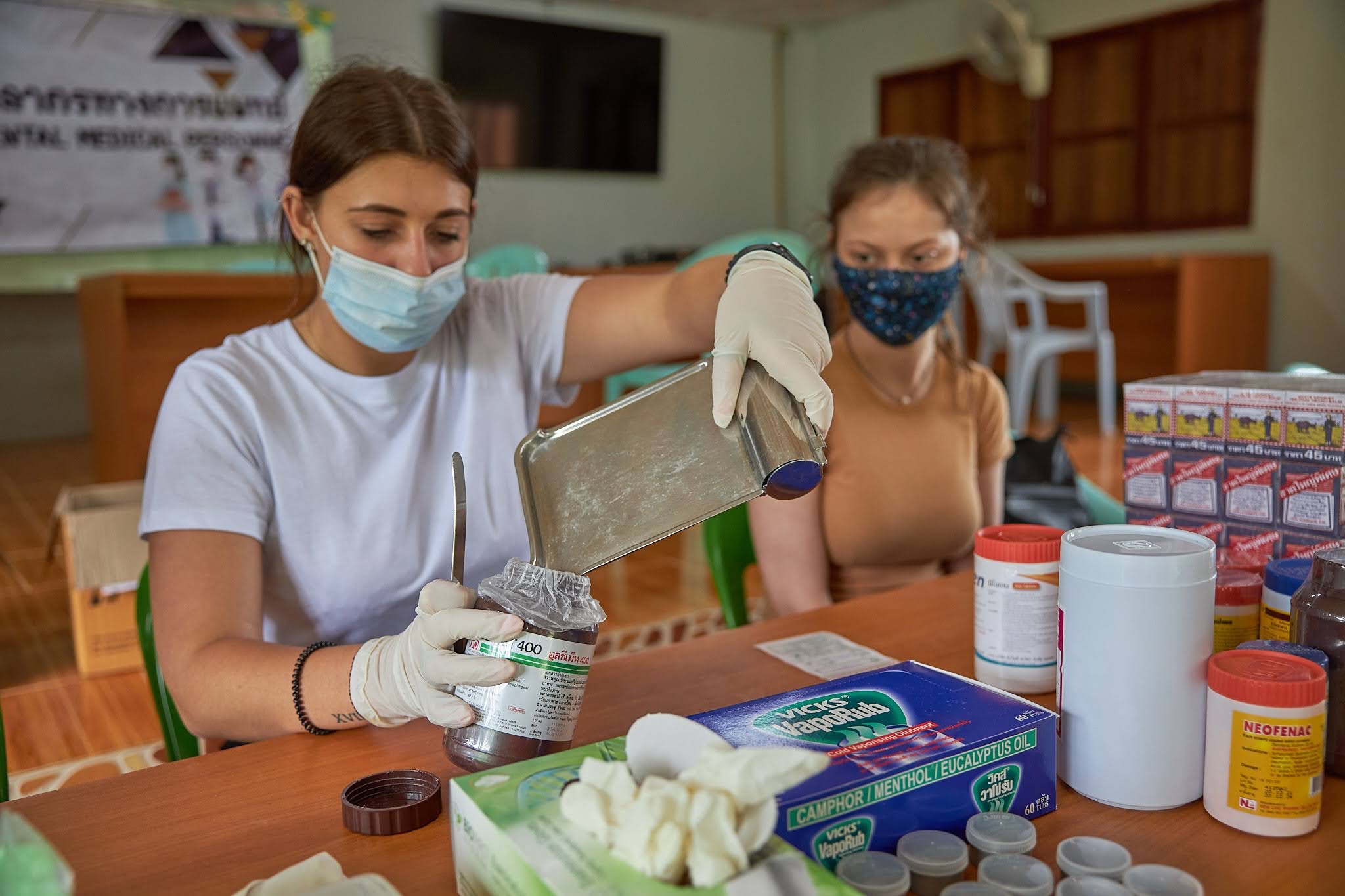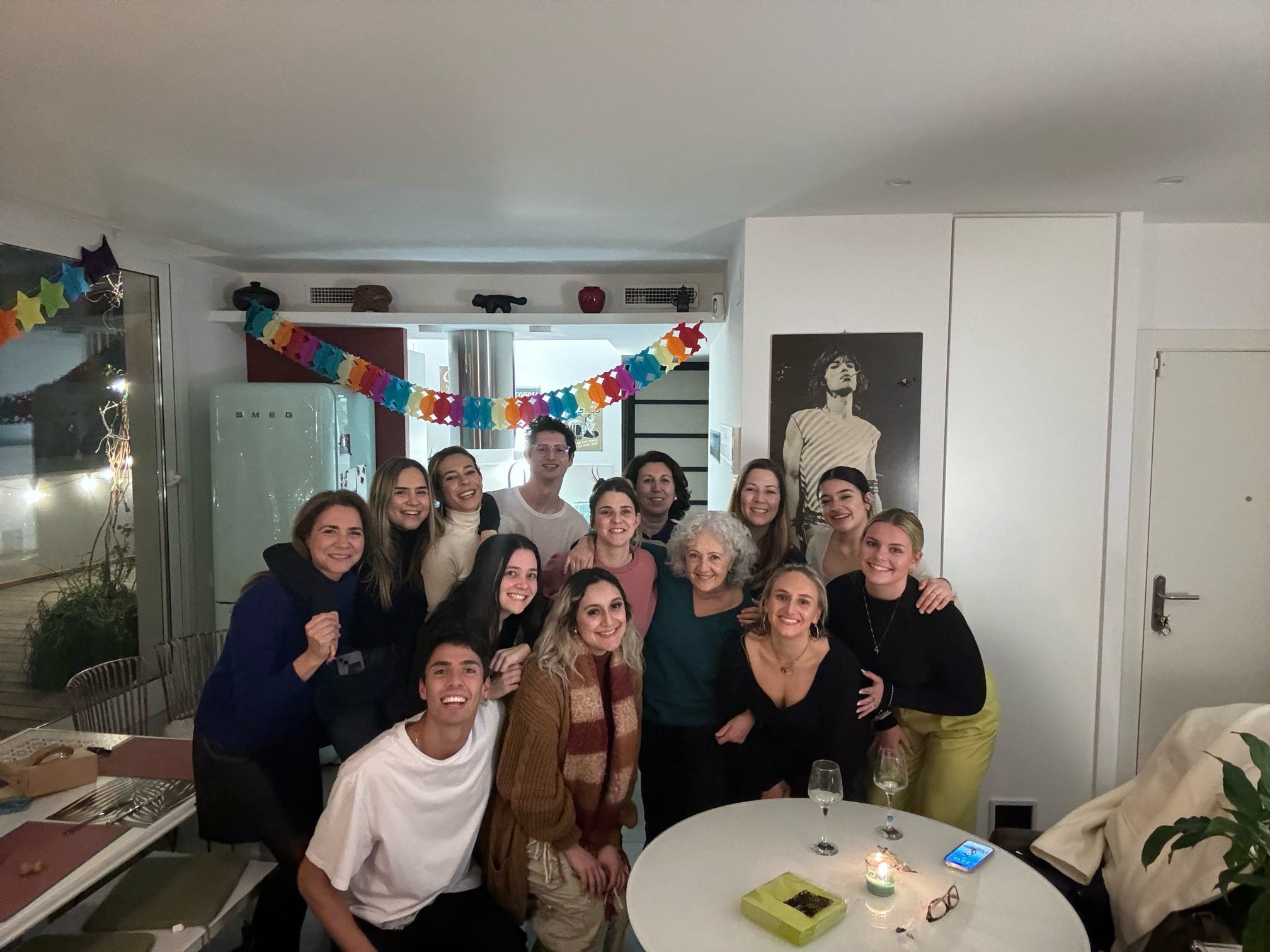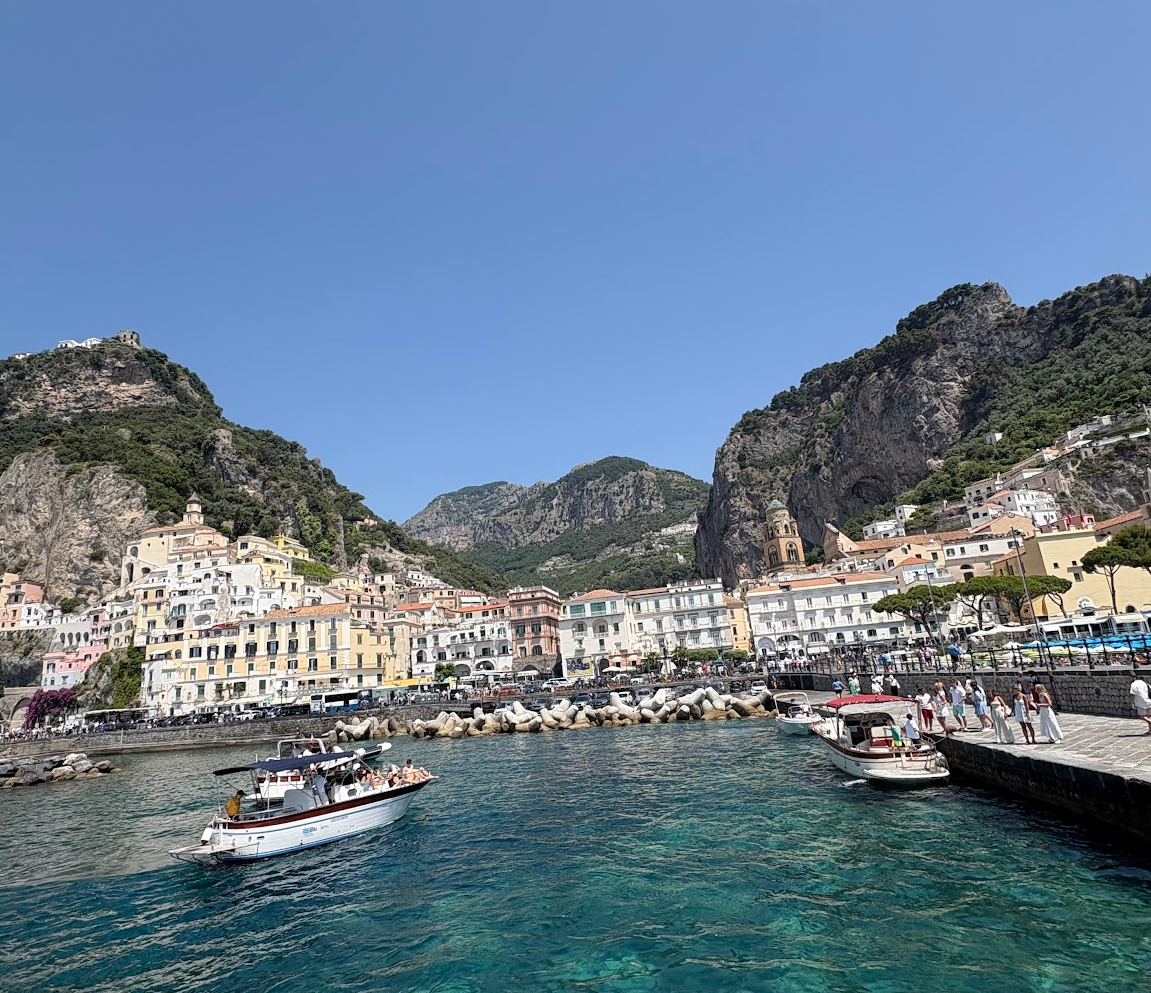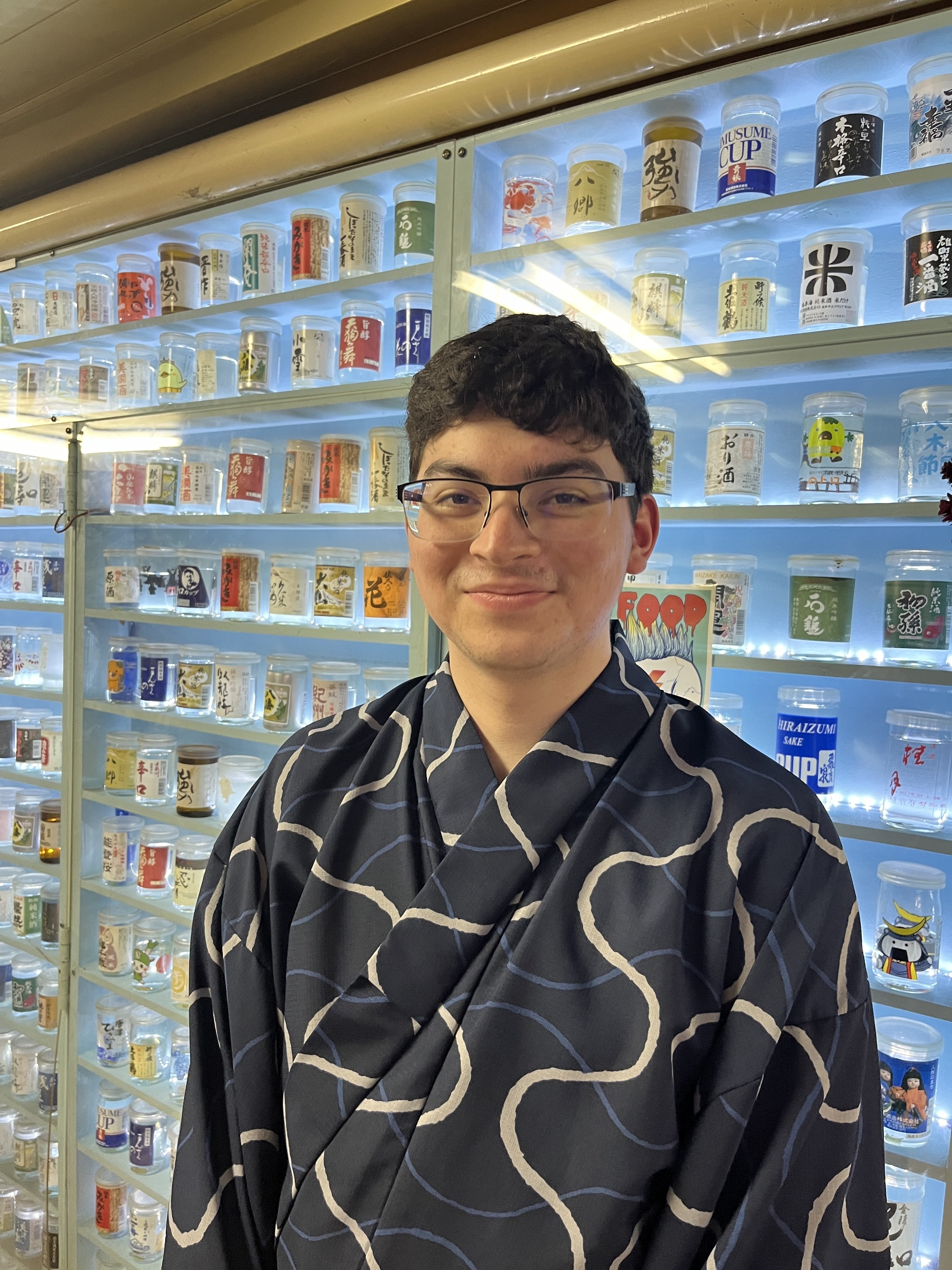The International Women's Day 2024 campaign theme is ‘Inspire Inclusion.’ When we inspire others to understand and value women's inclusion, we forge a better world. And when women themselves are inspired to be included, there's a sense of belonging, relevance, and empowerment.
We asked a few of our site directors to describe an activity that they do onsite with students that most aligns with the statement that “when women themselves are inspired to be included, there's a sense of belonging, relevance, and empowerment." You'll see their answers below along with some interesting courses students can take abroad related to gender and women’s studies. Happy International Women's Day!
Thailand
David Jackson - CIS Abroad Country Director in Thailand
Our pre-med/nursing and health interns work at small public health clinics, run by the Thai government. Each clinic serves a population of around 4,000 people and their mandate is to prevent and reduce disease and improve overall health outcomes. These clinics are run by nurse practitioners, public health staff, and nurses that are overwhelmingly female. They play a vital role in their local community and our interns can be a small part of this when they are onsite. They see these amazing leaders out in the community educating, visiting, acting and leading on important health-based programs and literally saving lives every day!

Barcelona
Nicole Baumgartner - CIS Abroad Site Director Barcelona
While all the activities that are planned in Barcelona take into account the inclusivity of everyone in the program, a current student told me that she especially liked the ‘cenas en familias.' She said that it was her favorite event because of how “welcoming and comforting it made me feel. After a warm meal filled my heart and my tummy, we then danced samba and flamenco in the living room with my classmates and Carmen, who had opened her home to use. CIS Barcelona continues to keep inclusivity and respect in all aspects of its program.” Cenas en familia allows students to step outside their comfort bubble, practice their Spanish, and feel empowered in their sense of belonging in a new culture.

Featured Courses: Gender and Women’s Studies
Course Title: Communication and Gender
Course Objectives: This course aims to reflect on the importance of the media and communication in the production, reproduction and perpetuation (or change) of gender roles. We will
- investigate how socially constructed gender categories inform our daily lives as citizens, consumers and creators of public discourse.
- We will also explore the dynamic relationship between gender and other identity categories (ethnicity, religion, class, sexuality, nationality, etc.).
- Finally, this course will analyze the contents of the press, radio, television, TV series, movies and Internet from a gender perspective.
Course Title: Gender, Race, and Class in Contemporary Societies
Course Objectives:
- First, we will explore theoretical and methodological tools in sociology, to advance our understanding of social stratification based on gender, race, and class.
- Second, we will investigate how the three factors shape social interaction in our everyday lives and investigate how social institutions such as education, family, media, and work engage in such processes.
- Finally, by understanding the processes that perpetuate social inequality across different contemporary societies, we will discuss ways to intervene in such unequal processes.
Course Title: Gender in Global Perspectives
Course Objectives:
- Use and engage with gender as a multi‐dimensional category of analysis taking
into consideration the role of both culture and politics in its variety
- Define and critically evaluate the ways in which gender intersects with race,
ethnicity and sexuality in global perspectives
- Identify and analyse the roots of past and present forms of gender inequalities
and discriminations.
- Critically analyze the factors that contribute to the emergence of gendered forms
of agency around the world
- Compare and assess the role of different social and political institutions in the
making of gender inequalities
.png)





